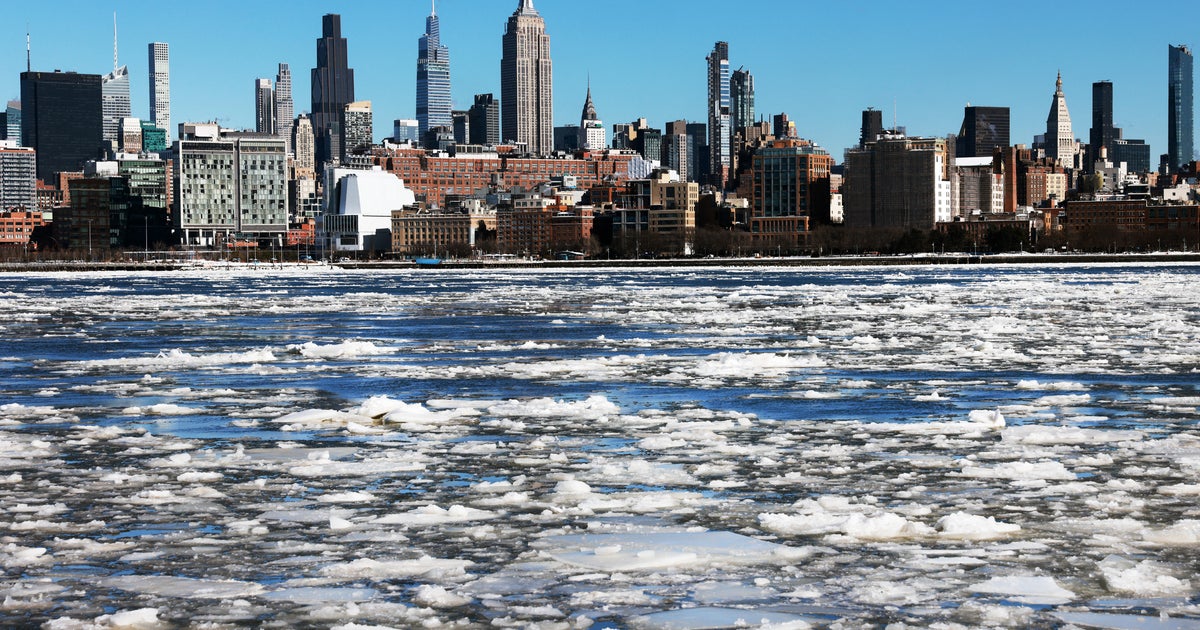Why Do Some People Get Seasonal Allergies And Others Don't?
MINNEAPOLIS (WCCO) -- You were fine last week. Not a sneeze or watery eye in sight.
But as soon as the snow melted, the allergies came on with a vengeance.
It is a common refrain across the metro this week. So, why do some people get seasonal allergies and others do not? Good Question.
"This is part of the spring thing," said allergy sufferer Sue of Minneapolis. "Just love it."
According to Dr. Doug McMahon, an allergist with University of Minnesota Health, people with seasonal allergies now are allergic to the pollen from trees.
That tree allergy generally runs from early April to early June. From mid-June through mid-July, it is allergies to grass. From mid-July to the first frost, it is allergies to weeds.
"The trees pollinate real early," McMahon said. "Even though it's super cold out, the trees are starting to pollinate, and they often pollinate based on the sunlight and its positioning."
He said he has seen an uptick in patients this week, especially among those who did not start taking their allergy medications in mid-March.
As for why some people are more susceptible to seasonal allergies, experts know some of it has to do with genetics. But McMahon said researchers have not been able to isolate why some genes are turned off or on.
McMahon also said environmental factors come into play.
"There's something called the hygiene hypothesis," McMahon said.
There are two branches of the immune system: the Th1 that fights infections and cold, and the Th2 for inflammation and allergies.
"What we have seen over time is that our body isn't fighting as many infections, and so it's dropping that Th1 arm and increasing the Th2, so the allergenic components are going up," McMahon said. "It's kind of like we're being too clean almost."
He pointed to studies of children who live on farms who are less likely to have seasonal allergies.
He called it a "two-hit hypothesis," which means the genetics and environmental factors have to be in place for allergies to occur.
He did acknowledge that there are many aspects behind the causes of allergies that researchers do not know.
People also develop allergies later in life that they might not have had as children. Dr. McMahon said that could be because their Th2 immune system just kicks in at that point in their life.
He also pointed to another hypothesis that an infection could have altered a person's immune system.







